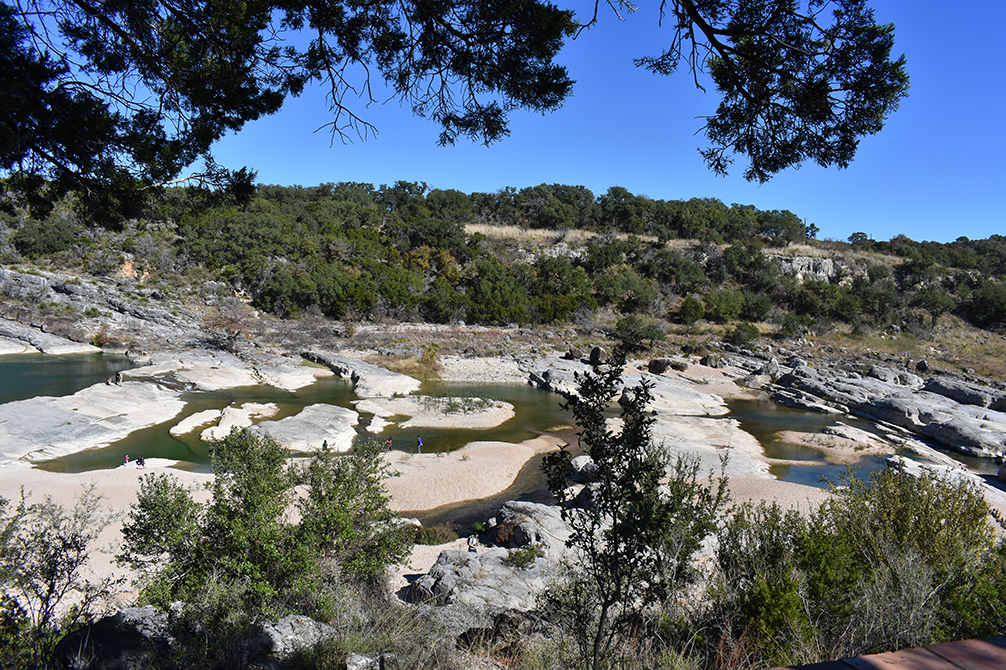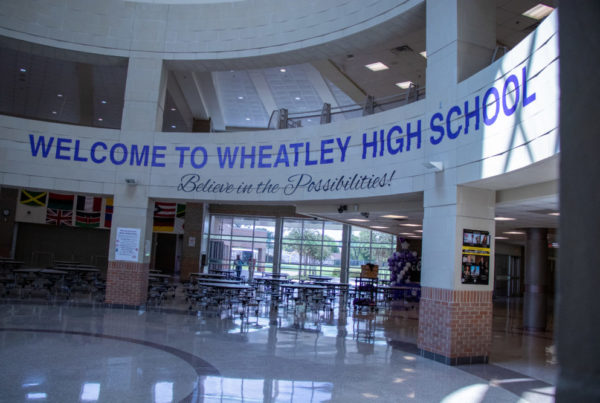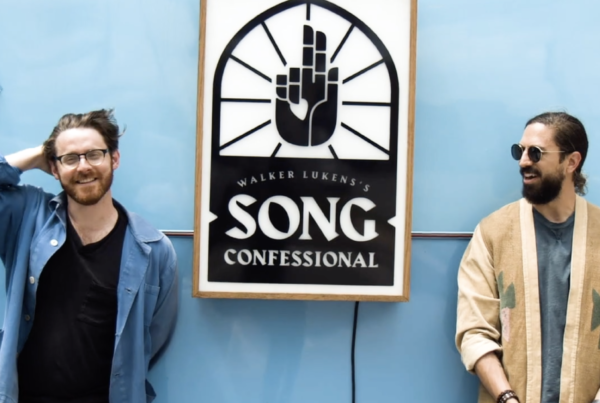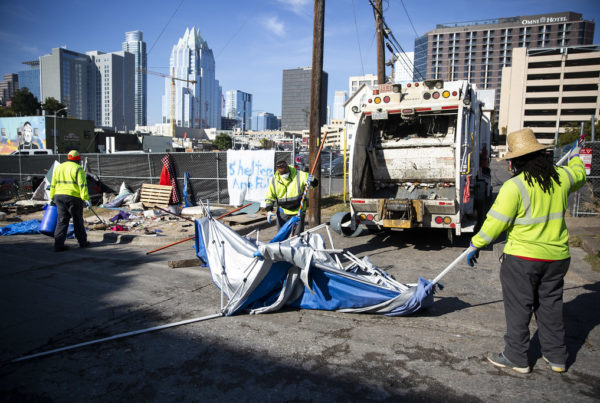Proposition 5 passed easily on Election Day – 88% of voters approved the measure that protects funds earmarked for Texas state parks and historic sites. Now comes the next task – spending that money.
Proposition 5’s passage means that Justin Rhodes, the deputy director of Texas State Parks, can finally get off the fiscal carnival ride.
“It gives us a sense of stability in funding and gets us off that roller coaster,” Rhodes says – a reference to his department’s up-and-down budget.
Texas’ state parks and historic sites are supposed to receive all of the sales taxes collected from sporting goods sales. But that hasn’t always happened. Rhodes has worked for the state’s parks department for nearly two decades. The unpredictable balance sheet that’s marked most of that tenure is a function of state lawmakers raiding the department’s budget to pay for other priorities.
But Proposition 5 makes it much more difficult to do so. Now, the Texas Parks and Wildlife Department and the Texas Historical Commission will receive all the proceeds from sporting goods sales taxes, unless two-thirds of the state legislature approves a different allocation. The result will be a more predictable and a more ambitious budget for both departments.
“We have a list of projects, a list of priorities, and it gives us the ability to aggressively begin chipping away,” Rhodes says.
The state’s parks are more popular than ever before – Rhodes says they’re being “loved to death” – but they also have a backlog of over $800 million in deferred maintenance. Many of the parks date back to the 1930s, so fixing and replacing infrastructure will be a major focus. That includes projects such as replacing the wastewater system at Pedernales Falls State Park, building a new headquarters at Tyler State Park and repairing a communications building in the Davis Mountains.
Just north of Houston, the boat docks and fishing piers at Lake Livingston State Park have needed to be replaced for years, but there hasn’t been room in the budget to do so. Now, the project will be able to move forward, according to Rhodes.
Proposition 5 will also help the Texas Historical Commission finance repairs and upkeep at the 31 historic sites it manages. That includes fixing a dam from the 1850’s at the Landmark Inn in Castroville, a historic Alsatian hotel that still serves as a bed-and-breakfast.
The measure could also accelerate development of new properties. The Texas Parks and Wildlife Department owns two properties that officials plan to turn into parks, but remain closed to the public in part because of financial restraints: Palo Pinto Mountains State Park, about 75 miles west of Fort Worth, and Albert and Bessie Kronkosky State Natural Area, 45 miles northwest of San Antonio. Those would be the first new parks the department has opened since 2012.















